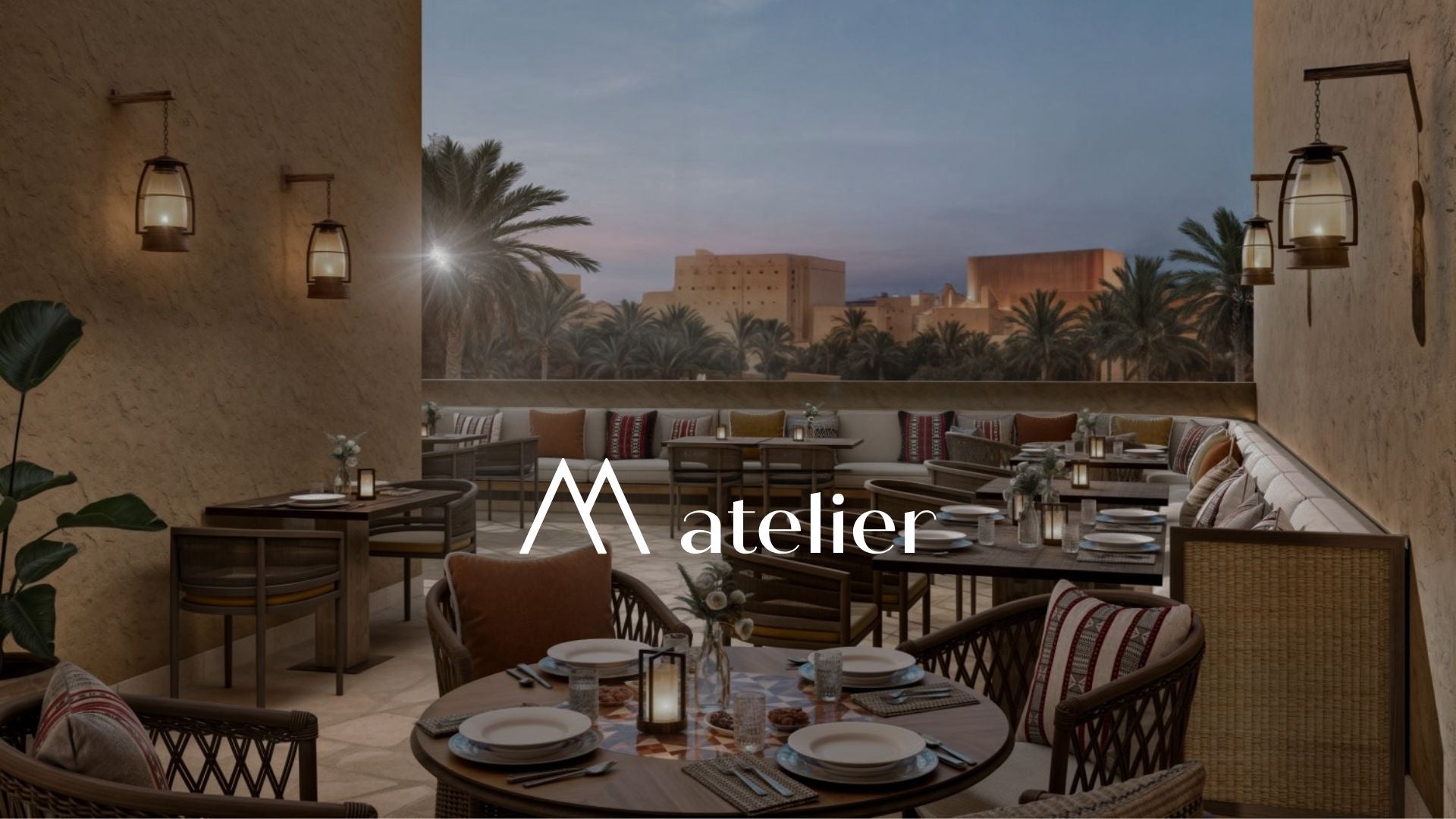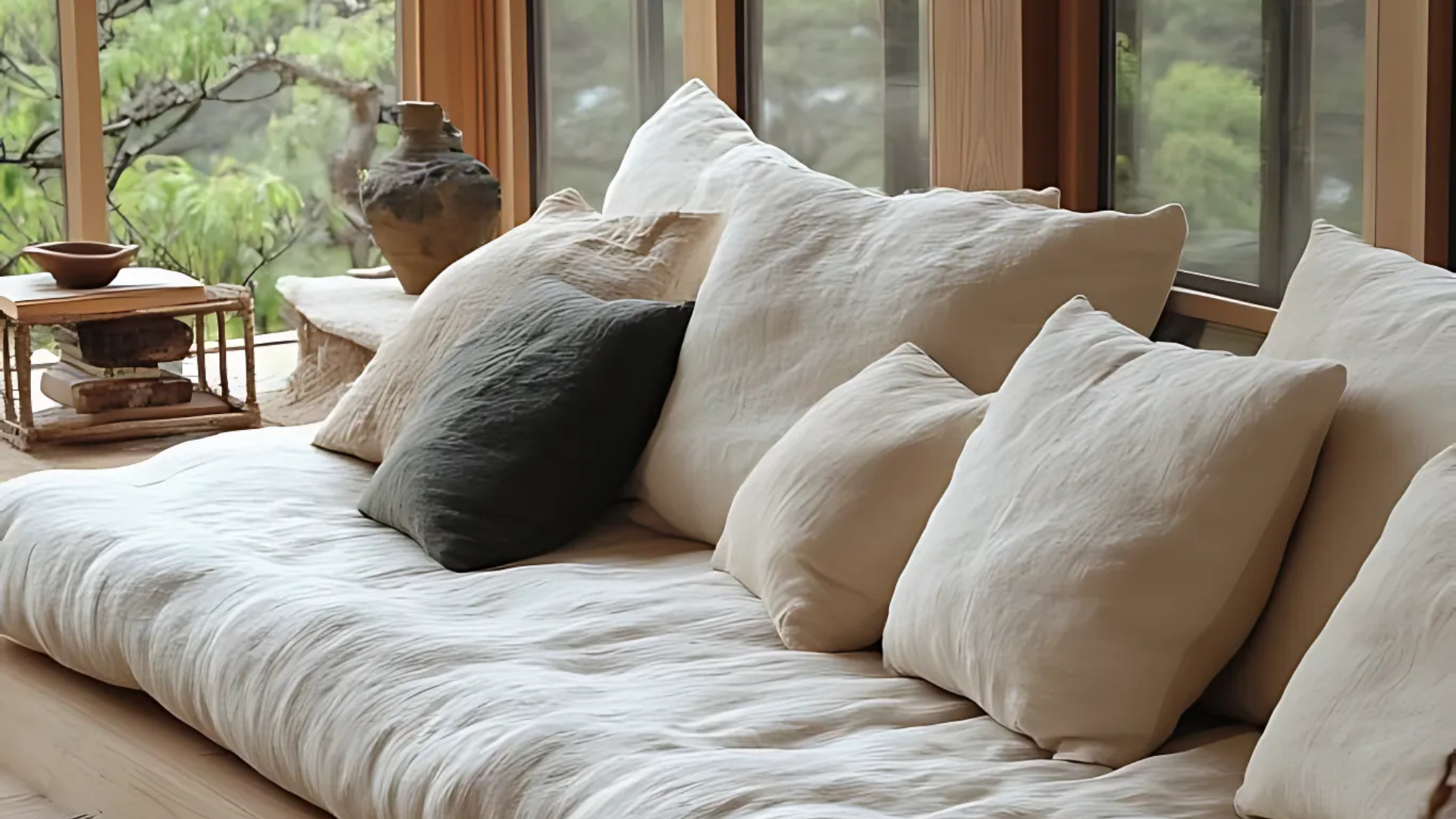
Material Stories: The Beauty of Contrast in Design
In design, contrast is often misunderstood as conflict, but we see it differently. We see contrast as dialogue. As balance. As a subtle tension that makes a space feel alive. Whether through light and shadow, rough and smooth, matte and reflective, contrast reveals depth. It awakens the senses. It invites the eye to move slowly through a room, to pause, to notice. And it is in this quiet tension that beauty often lives.
Material as Emotion
Materials carry more than just texture or tone, they carry feeling. The cold clarity of metal, the softness of a handwoven textile, the quiet weight of stone, these are not just surface choices. They shape how a space is perceived and remembered. We are drawn to material combinations that speak softly but clearly.
A brushed metal detail alongside natural stone. A sculptural piece with a grainy, imperfect surface set against polished marble. These contrasts aren’t bold declarations. They are whispers that add depth and presence.
Tactile Balance
When styling with contrast, it’s not about excess, it’s about balance. For every piece that feels weighty, there is another that introduces lightness. For every raw finish, something more refined. This kind of harmony is what creates tension without noise. It's what gives a space rhythm through materiality itself.
A table styled with both sleek metal and organic forms. A neutral palette made rich through layered surfaces. The way a shadow plays across two contrasting finishes. All of it contributes to an atmosphere that feels curated, considered, complete.
Beyond Aesthetics
A space that invites you to trace its surfaces, to lean into its weight, to feel its temperature. It’s design that engages more than the eye. It engages memory, mood, instinct. Our pieces are not defined by a single material or finish. They are composed to tell stories of contrast and cohesion.
True beauty rarely comes from uniformity, it comes from the relationship between elements, each one different, each one essential. To design with contrast is to embrace imperfection, duality, and nuance. It’s to believe that opposites don’t compete, they complete. And that within the layers of material, a deeper story is always waiting to be felt.











